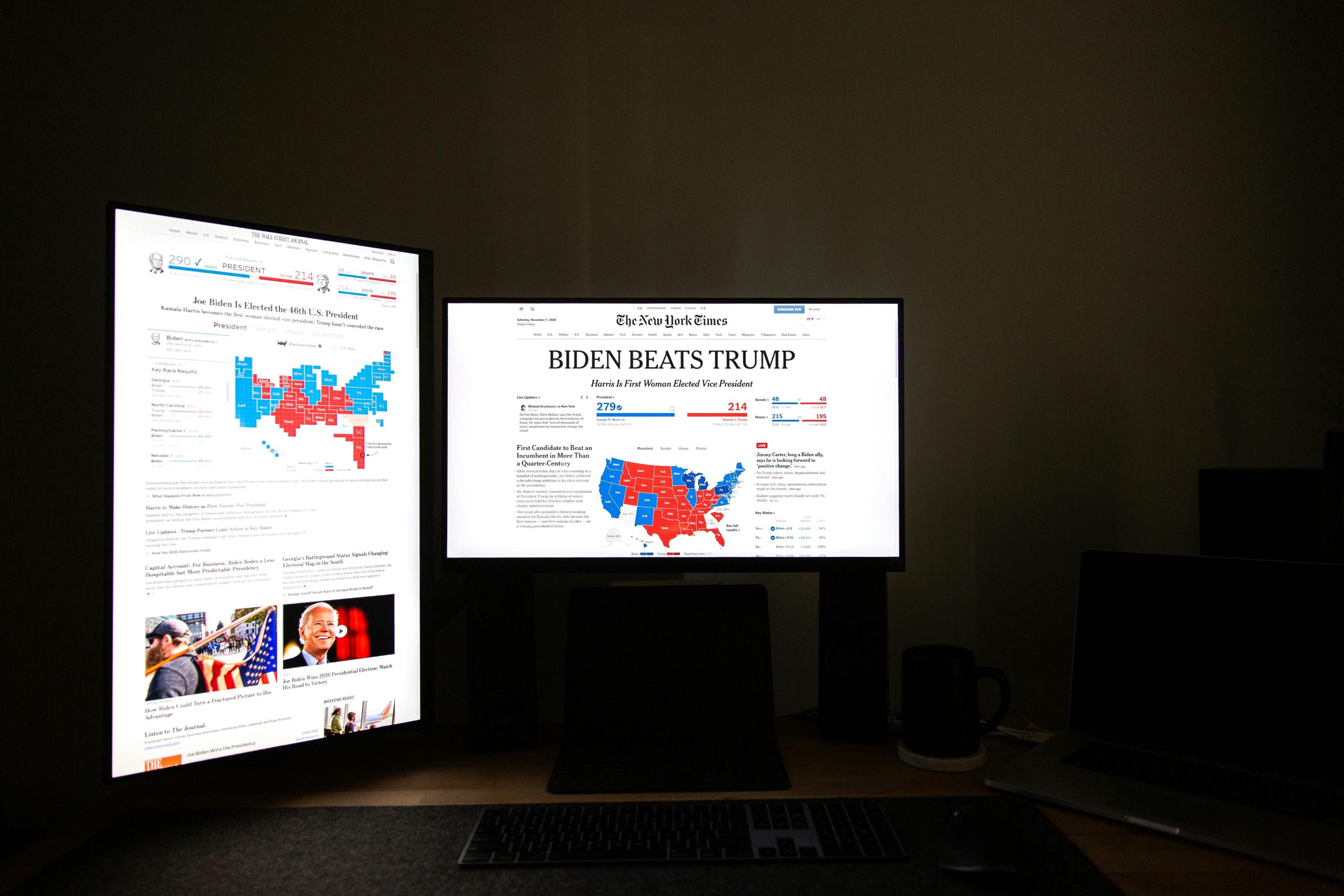The Surge of Erectile Dysfunction Medications Targeting Younger Men: What’s Behind It?
In recent years, there’s been a noticeable increase in the marketing of erectile dysfunction (ED) medications aimed at a younger demographic. Brands such as Blue Chew, Roe, and Hims are prominently featured in various media outlets, from podcasts to YouTube channels, often endorsed by creators who appeal primarily to younger audiences. This begs the question: why the focus on young men for products traditionally associated with older age groups?
As a 30-year-old man, I find myself questioning the necessity and implications of this trend. It seems peculiar that so many influencers—often in their twenties or thirties—are promoting these medications to their followers, many of whom may not yet face such challenges. The prevalence of these advertisements raises several intriguing points of discussion.
Firstly, is there a genuine increase in erectile dysfunction among younger men? Anecdotal evidence from friends and acquaintances suggests that some individuals are indeed experiencing difficulties in this area, leading me to wonder if there is a broader issue affecting male sexual health. Various lifestyle factors, including stress, anxiety, and unhealthy habits, could play a role in this phenomenon.
On the other hand, one can’t help but speculate about the motivations behind the aggressive marketing of these products. Are companies capitalizing on fears and insecurities surrounding masculinity and performance? Are they creating a narrative that positions these medications as a norm, encouraging young men to consider such options even when they might not be necessary?
As society continues to evolve, particularly in terms of openness around male health issues, it’s essential for us to critically evaluate the messages being portrayed. While it’s vital to acknowledge that erectile dysfunction can be a legitimate concern for some men, we must also remain aware of the possible repercussions of widespread advertising aimed at a younger demographic.
In conclusion, as the conversation around male health becomes more prominent, it is crucial to strike a balance between addressing genuine health concerns and avoiding the potential stigmatization or commodification of male vulnerability. Understanding the underlying factors at play can help us navigate this complex landscape with greater awareness and insight.




This is a very thought-provoking post that raises critical points regarding the rise of erectile dysfunction (ED) medications marketed towards younger men. It’s essential to consider not only the implications of this trend but also the broader context of male health and societal expectations.
Research indicates that the incidence of ED in younger men has indeed been increasing, with studies suggesting factors such as heightened stress, anxiety, depression, and lifestyle choices (like smoking and poor diet) potentially contributing to this rise. As you mentioned, these medications, once stigmatized as products for an aging population, are now being normalized among younger men, which could be both a positive and a negative development.
On one hand, this shift could lead to greater awareness and discussions about male sexual health, reducing stigma and encouraging men to seek help when necessary. However, as you rightly pointed out, it does create a risk of instilling unnecessary fear about performance and masculinity among young men.
Moreover, the role of influencers cannot be overlooked. Their endorsements can significantly shape perceptions, often amplifying insecurities rather than addressing them constructively. This calls for a critical dialogue about the responsibility of brands and influencers in guiding young men towards healthy attitudes regarding their bodies and sexual health.
Perhaps a more holistic approach to male health, one that focuses on education about lifestyle changes and mental health support as first steps, could be more beneficial than solely relying on pharmaceuticals. In navigating this complex landscape, open conversations, education, and transparency will be keys to ensuring that young men feel